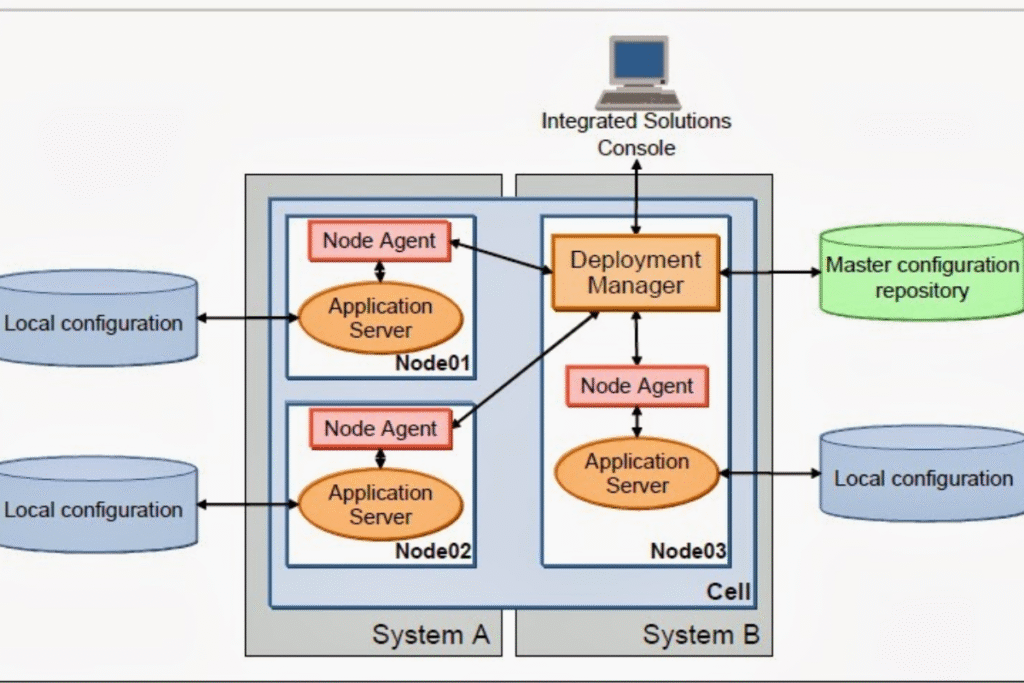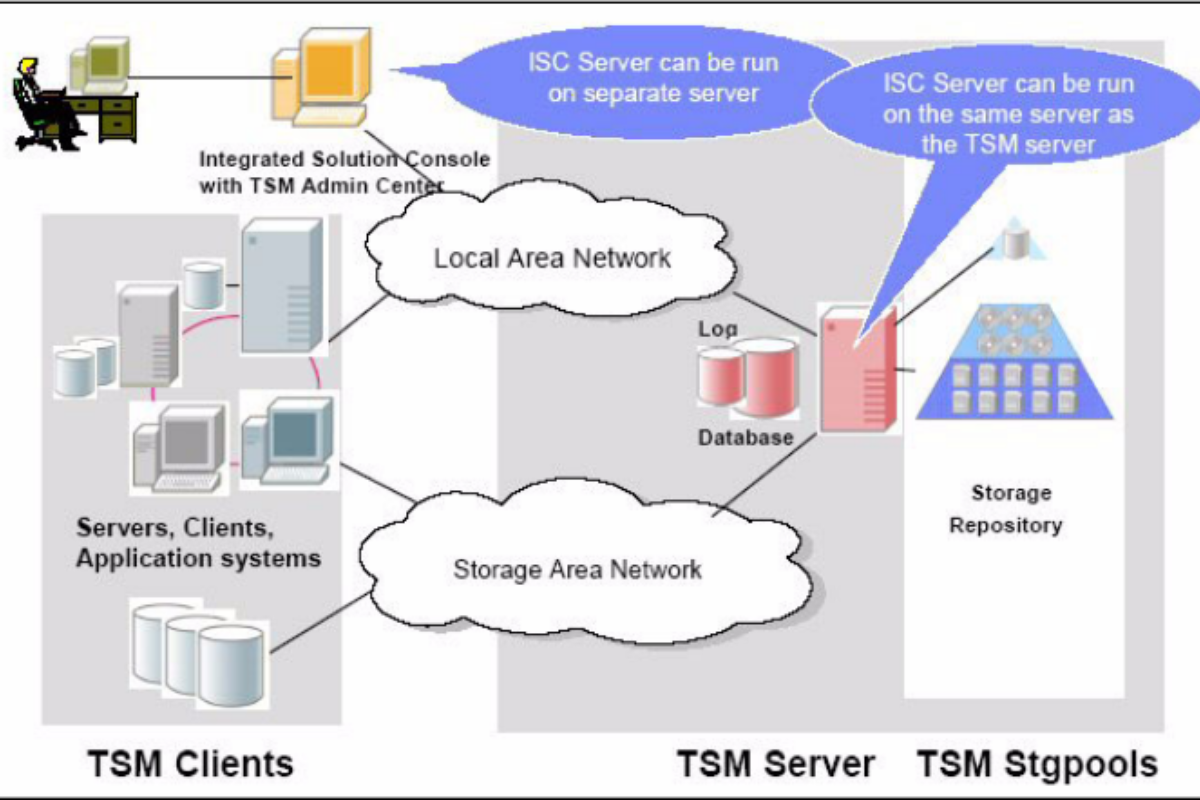Integrated solutions console is an efficient platform that assists companies to handle various technologies from a single point. Rather than jumping between numerous systems, organizations utilize it to maintain, govern, and optimize their IT infrastructure. With the integrated solutions console, teams are able to save time, prevent errors, and develop a less hectic workflow.
In the current technology era, organizations require dependable tools to manage intricate systems. This console enables companies to combine cloud services, govern data, and enhance cybersecurity. Its function continues to grow as companies transition towards digital solutions. The succeeding real-world applications will present how this system is supporting industries in becoming efficient and growing.
Core Functions of ISC
The integrated solutions console is designed to simplify the way IT teams manage complex systems. Its main functions include performance monitoring, system configuration, and problem resolution. By using the integrated solutions console, teams can get a clear view of operations, helping them fix issues faster.
Another fundamental function is automation. Rather than perform tasks manually, IT administrators can create rules that minimize downtime and human error. This makes the system more efficient and reliable. The console also enables tracking of data, providing managers with information that enhances decision-making and long-term planning.
Transforming IT Management
The integrated solutions console plays a significant part in revolutionizing IT operations. It consolidates all system management activities under one roof, preventing wastage of time and energy on the part of IT professionals. Through the integrated solutions console, teams are no longer required to switch between multiple dashboards to manage daily activities.
This change translates to improved productivity, less error, and faster solutions to system problems. Companies are able to expand their operations seamlessly since the console adjusts to meet new demands. Centralizing IT management allows companies to concentrate more on innovation and less on manual debugging.
Enterprise Use Cases of ISC
Several companies are using the integrated solutions console to enhance operations. Common use cases include:
- System Monitoring: IT staff monitor servers, storage, and applications in real-time through the integrated solutions console.
- Cloud Integration: Companies integrate more than one cloud platform for seamless data movement and centralized management.
- Security Management: Administrators control user access and track threats efficiently.
- Performance Optimization: Businesses analyze data to discover improved means of operating IT systems.
These applications indicate that the console is not only an instrument but an enterprise-level solution for growth and security.
Improving Cloud Operations
Cloud computing has become a necessity, and the console for integrated solutions allows organizations to exploit it the best way. It offers a single platform to handle various cloud services to ensure seamless communication among applications. With the integrated solutions console, organizations are able to save money and better manage their cloud resources.
It also includes cloud scalability. Companies can rapidly expand or contract services according to demand. This simplifies the management of growth without unnecessary costs. With increasing businesses shifting towards the cloud, this console stands as an essential tool for reducing complexity and risk.
Strengthening Cybersecurity through ISC
Cybersecurity is among the largest technology challenges of today, and integrated solutions console is instrumental in addressing it. The integrated solutions console enables IT groups to track threats, identify anomalous activity, and react rapidly. Through the use of integrated solutions console, businesses enhance their overall security stance.
Another advantage is management of compliance. Most sectors have serious regulations, and the console maintains security rules compliance. It shields sensitive information from being accessed without permission while preventing fines or penalties. With powerful monitoring and automated notification, companies can design a secure digital habitat.
Smarter Data Monitoring with ISC
Businesses handle massive volumes of data on a daily basis, and the integrated solutions console assists in handling it effectively. It gathers, analyzes, and displays data in lucid dashboards that are easy to comprehend. Decision-makers gain insights from the integrated solutions console that aid in enhancing strategies.

Monitoring data also translates to rapid problem-solving. In case something fails in the system, IT departments can detect the issue immediately. By being able to recognize patterns in the data, companies are able to avoid issues before they turn into huge problems. This renders operations more predictable and reliable.
Scalability advantages
Companies are expanding rapidly, and the integrated solutions console facilitates easy scaling of operations. The following are 3 major scalability advantages:
- Flexible Expansion – Businesses can introduce new applications or services easily with the help of the integrated solutions console.
- Cost Efficiency – Upscaling does not necessarily imply increased expenditures; the console facilitates judicious resource utilization.
- Future Growth – Businesses can prepare themselves for digital transformation by becoming dependent on an expandable system.
Such scalability helps businesses stay competitive and seamlessly adjust to changes in the market.
Frequently Asked Questions
1. What is an integrated solutions console?
An ISC is a centralized console that assists IT teams to handle systems, applications, and cloud services from one point, increasing efficiency and lowering errors.
2. Why does integrated solutions console enhance IT management?
The ISC enhances IT management by merging monitoring, automation, and security products, which assist teams in conserving time, boosting productivity, and resolving system issues promptly.
3. Does integrated solutions console support cloud operations?
Yes, ISC supports cloud operations by consolidating several cloud platforms, providing smooth data exchange, cost-effectiveness, and scalable options for contemporary businesses.
4. Why is integrated solutions console crucial to cybersecurity?
The integrated solutions console enhances cybersecurity as it identifies abnormal behaviors, tracks threats, and maintains compliance with security policies, effectively safeguarding sensitive business information.
Future Directions of Integrated Solutions Console
The integrated solutions console will change with AI and automation, becoming even smarter to manage systems. Companies will experience increased predictive capabilities, enabling them to solve problems even before they arise. With the integrated solutions console, IT management will move from reactive measures to proactive approaches.
Cloud-native technologies and machine learning will in future be deeply integrated into the console. This translates to enterprises having quicker, smarter tools to manage technology requirements. As digital systems become more sophisticated, the console will continue to play a central role in streamlining and making operations secure.
For more : Top Use Cases of Concurrent IO in Modern Technology Infrastructure


